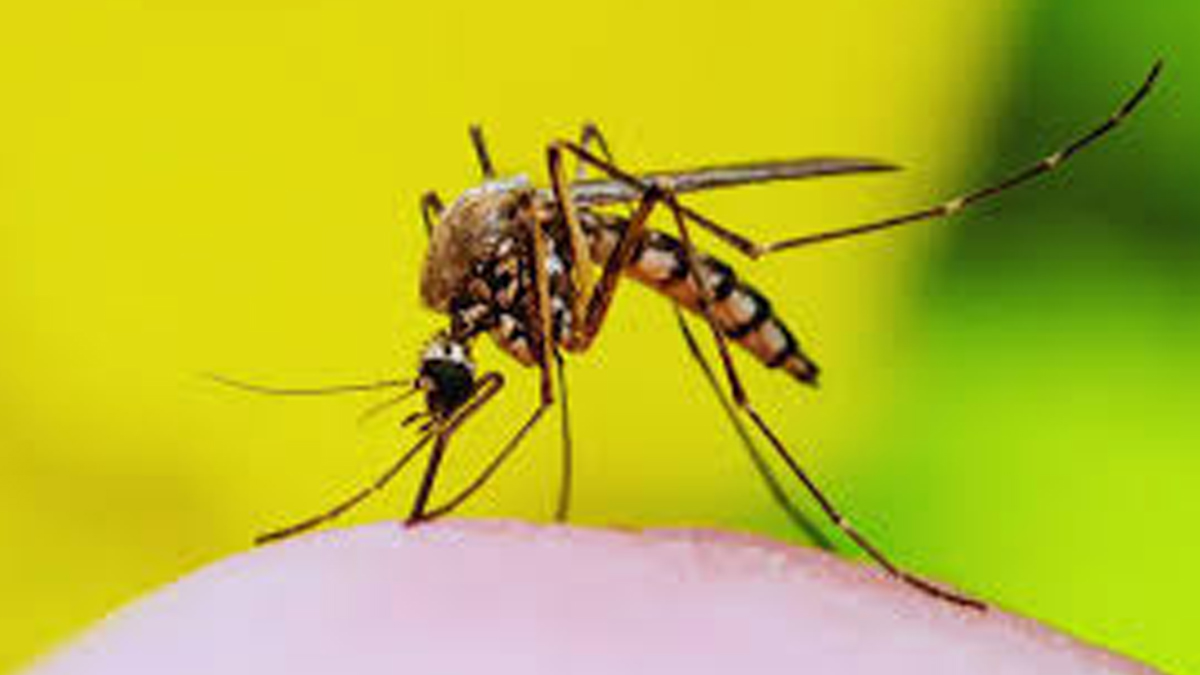Pune has witnessed a resurgence of Zika virus cases after a brief lull, with three new cases confirmed in October. These fresh cases have raised concerns among health officials and residents, as efforts to control the virus continue in the city. With the monsoon season having just passed, health experts are urging the public to stay vigilant against mosquito-borne diseases, especially Zika, which can lead to severe health complications.
New Cases Identified
The Pune Municipal Corporation (PMC) health department confirmed three new Zika virus cases, identified after patients tested positive at private healthcare facilities. The National Institute of Virology (NIV), Pune, further validated the presence of the virus in these cases after thorough testing.
The infected individuals include a 19-year-old woman from Paud Phata, a 69-year-old man from Warje Naka, and a 59-year-old man from Karve Nagar. All three patients had mild symptoms, primarily experiencing fever in September, which prompted further investigation. Fortunately, the cases appear to be under control, with none of the patients requiring hospitalization at this stage. Dr Nina Borade, health officer of PMC, confirmed that the samples collected from these individuals initially tested positive at a private laboratory. These samples were then sent to the NIV for confirmation, and on October 8, the Zika virus was confirmed in all three cases.
.jpg)
Containment Efforts by PMC
The PMC has been proactive in its efforts to prevent the spread of the Zika virus. According to Dr Rajesh Dighe, assistant health officer at PMC, the civic body’s entomological surveys and containment measures have played a crucial role in controlling the transmission of the virus. These efforts have helped break the chain of transmission, keeping the situation from escalating.
Also Read: Dengue Crisis In Rajasthan: Second Death Confirmed As Cases Surge Past 1,100
“Sporadic cases may continue to emerge, but a large outbreak is unlikely,” said Dr. Dighe. “We have already initiated awareness campaigns and increased fogging operations in the areas affected by these new cases.” The fogging operations are aimed at reducing mosquito populations, which are responsible for transmitting the virus. Mosquito breeding sites, as well as larvae, have been targeted to prevent further spread. Monitoring efforts have also been ramped up across both private and public healthcare facilities to detect any new cases quickly. This swift detection allows the PMC to implement containment measures immediately, reducing the risk of the virus spreading further.
Public Health Advisory: Staying Safe from Mosquito-Borne Diseases
The PMC is encouraging citizens to take extra precautions to protect themselves from mosquito bites, the primary method through which the Zika virus is transmitted. Residents are advised to use mosquito repellents, wear long sleeves and pants when outdoors, and ensure their homes are free of standing water where mosquitoes breed.
Also Read: India Declared Trachoma-Free: WHO Confirms Elimination Of Public Health Threat In 2024
Maintaining cleanliness both inside and outside homes is crucial to preventing mosquito populations from thriving. Simple actions, such as regularly changing water in flower pots, clearing blocked drains, and ensuring there are no open containers of stagnant water, can go a long way in reducing the risk of infection. Dr. Borade also emphasized the importance of public cooperation in controlling the Zika virus. “We urge residents to remain vigilant and take preventive measures seriously. With the support of the community, we can prevent the spread of this virus and safeguard public health.”
Looking Ahead
While the number of Zika virus cases in Pune has declined since the summer, the recent cases are a stark reminder that the virus has not been fully eradicated. The PMC remains committed to its ongoing containment efforts, which include rigorous surveillance, public health campaigns, and mosquito control initiatives.
However, individual responsibility is equally critical in preventing the spread of Zika and other mosquito-borne illnesses. By staying informed, taking preventive steps, and seeking medical attention at the first sign of symptoms, Pune’s residents can help in the fight against Zika. With continued vigilance and proactive health measures, Pune aims to keep the Zika virus at bay and protect the community from a larger outbreak.

.jpg)